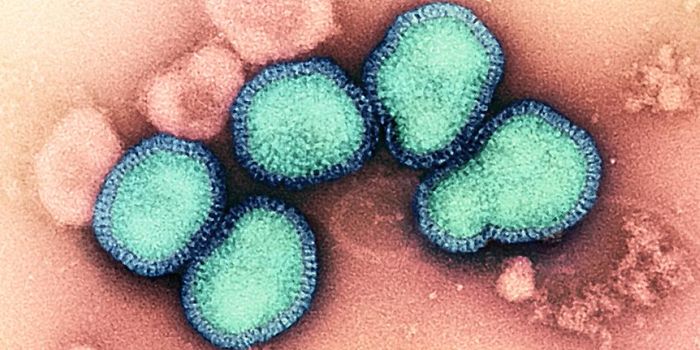What Happens When Your Immune System Works Against You?!
Our immune system is our army against any molecule that wants to invade our bodies like viruses, bacteria, and cancer. It is responsible for our protection. Just like an army, it has the ability to recognize foreign invaders and distinguish them from any normal body constituent. This unique ability of the immune system makes it able to differentiate between self and non-self antigens, "molecules that are presented to the immune cells" so as not to attack the body itself by mistake.
Imagine what would happen if something disrupted that marvelous ability and the immune system couldn't differentiate anymore between normal body constituents and foreign invaders. It will make it go awry and start attacking the body itself; this is Autoimmunity.
It is still unclear what makes the immune system behaves this way, but some research shows that a genetic factor is involved in addition to environmental factors. Some autoimmune diseases are hereditary and run in the family, like type-1 Diabetes and Lupus. Apparently, autoimmunity is more common in women than men; a study showed that the chances of developing autoimmune disease in women are 2:1 compared to men, another study showed that 75% of those suffering from autoimmune diseases are women.
The immune system comprises different cells and components that interact together in a sequence of events to recognize a foreign invader and start fighting it. They start with recognizing a foreign antigen, that is a molecule or a molecular structure that can induce an immune response. The mechanism by which the immune cells differentiate between self and non-self antigens "Foreign antigens" is by specific recognition molecules present on the surface of some immune cells as B and T cell lymphocytes.
A disruption in those recognition molecules or some immune components may lead to Autoimmunity where the immune system starts attacking self-antigens; start attacking the body's organs and tissues causing a disease.
An autoimmune response can be produced against a specific organ causing damage in that organ as Type-1 Diabetes where the pancreas is affected or can produce a systematic response affecting the whole body as Systemic Lupus erythematosus (SLE).
Some of the most common autoimmune diseases are:
1- Type-1 Diabetes: The immune system attacks and destroys the insulin-producing cells in the pancreas making the body lose its ability to regulate sugar levels in the blood.
2- Rheumatoid arthritis (RA): The immune system attacks the joints causing stiffness, redness, and soreness.
3- Multiple sclerosis (MS): The immune system attacks and damages the myelin sheath; the protective covering surrounding nerve cells in the central nervous system, affecting the communication between the brain and spinal cord to and from the rest of the body.
4- Systemic lupus erythematosus (SLE): The immune response is systemic affecting different parts of the body like joints, skin, kidneys, and the brain.
5- Addison’s disease: The adrenal glands are affected. Adrenal glands produce cortisol, aldosterone, and androgen hormones. Deficiency in these hormones affects the body, like a deficiency in the aldosterone hormone causes disruption to the regulation of salt and water which affects blood pressure.
Most autoimmune diseases are chronic but their symptoms can be managed with treatment. Therefore, treatment will not cure the diseases but helps the patients live a full life with less pain and managed symptoms.
Sources: ScienceDirect, Healthline, British society for Immunology, NCBI








